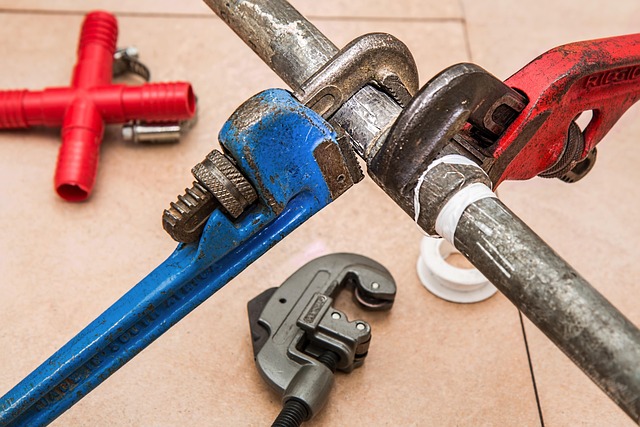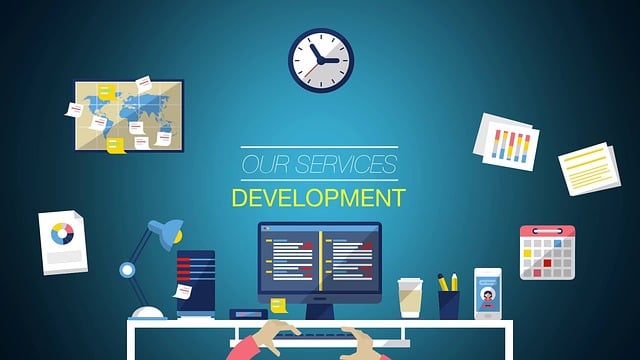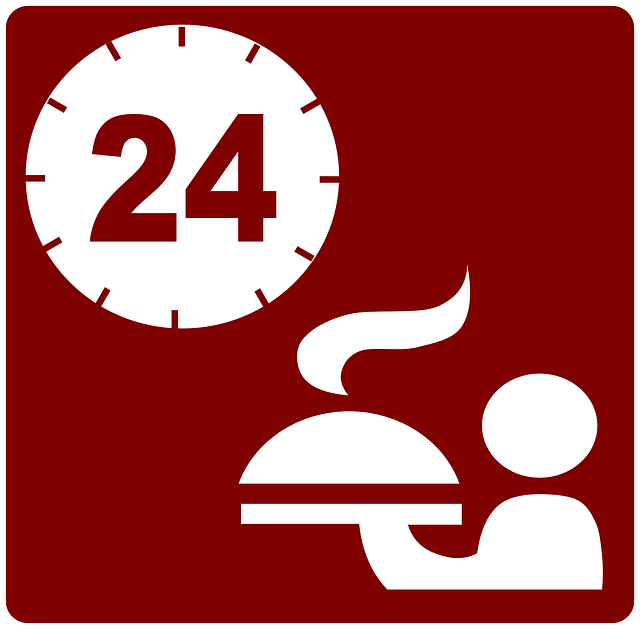In a plumbing emergency, quickly differentiate between minor issues and severe crises like burst pipes or main line problems. Look for signs like leaks, water pooling, or changes in pressure. Act fast to stop overflows, clogs, or heating malfunctions. For initial attempts, shut off the main water valve for leaks, use a plunger or drain snake for clogs, and catch excess water with buckets for pipe bursts. If these fail, call Emergency Plumbing Services immediately to mitigate flooding and protect your home's structural integrity.
Facing a plumbing crisis? Knowing what to do before the plumber arrives can save you time, money, and potential damage. This guide navigates emergency plumbing situations, equipping you with crucial knowledge for swift action. From assessing urgent issues like leaks, clogs, and pipe bursts to preparing your home and communicating effectively with professionals, these steps ensure efficient resolution. Master these tips for seamless emergency plumbing services.
- Assessing the Emergency: What Constitutes a Plumbing Crisis?
- – Identifying urgent plumbing issues
- – Common emergency scenarios: leaks, clogs, pipe bursts
Assessing the Emergency: What Constitutes a Plumbing Crisis?

When faced with a plumbing emergency, it’s crucial to understand what constitutes a genuine crisis. An emergency can range from burst pipes that lead to severe water damage, causing significant structural harm and posing safety risks, to clogged drains or leaking faucets that, while less severe, still require prompt attention.
Distinguishing between regular maintenance issues and true emergencies is essential. Overflows, for instance, need immediate action to prevent water damage but may not always warrant a call for emergency plumbing services. In contrast, a burst pipe or main line issue typically calls for urgent intervention due to the potential for widespread flooding and the need to safeguard your home’s integrity.
– Identifying urgent plumbing issues

When faced with a potential emergency plumbing situation, it’s crucial to be able to identify the urgent issues at hand. Start by recognizing signs of severe water damage, like unexplained leaks or substantial water pooling in areas that typically remain dry. Look for sudden changes in water pressure, which could indicate clogged pipes or a burst pipe. If you hear unusual noises coming from your pipes, such as banging or gurgling sounds, these might be indicators of serious problems that require immediate attention.
Don’t underestimate the importance of time. In emergency plumbing scenarios, every minute counts. The faster you can identify and address issues like overflowing toilets, stopped drains, or heating system malfunctions, the less damage and disruption to your home or business will occur. Prepare by keeping essential contact information for 24/7 emergency plumbing services readily available.
– Common emergency scenarios: leaks, clogs, pipe bursts

In many homes, emergency plumbing situations can arise unexpectedly, causing stress and potential damage if not handled promptly. Common scenarios include leaks, clogs, and pipe bursts. Leaks can occur due to worn-out fixtures, broken pipes, or faulty water heaters, leading to water damage and increased water bills. Clogs are often caused by foreign objects like food scraps, hair, or toilet paper blocking drains, resulting in slow drainage or complete blockage. Pipe bursts, especially during extreme weather conditions, can lead to significant water leakage and flooding.
Before the arrival of emergency plumbing services, it’s crucial to take immediate action. For leaks, turn off the main water supply valve to prevent further water from entering your home. Use buckets or towels to catch excess water if a burst pipe is responsible for the leak. In case of clogs, try using a plunger or drain snake to dislodge the obstruction safely. If these methods fail, it’s time to call in professional emergency plumbing services for swift and effective resolution.
Before the plumber arrives, it’s crucial to assess the situation accurately. Knowing what constitutes an emergency and familiarizing yourself with common issues like leaks, clogs, or pipe bursts can significantly aid in swift and effective problem-solving. Preparedness is key; follow this guide, and you’ll be better equipped to handle emergency plumbing services efficiently, minimizing potential damage and disruptions until professional help arrives.
